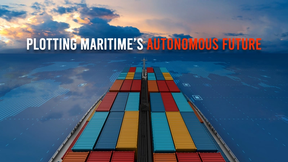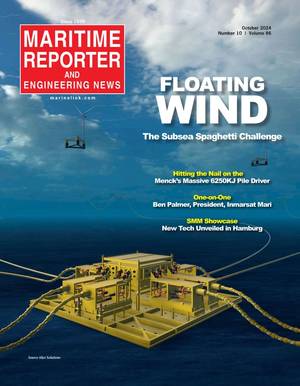Europe's migrant crisis has kicked climate change off the agenda of EU leaders' talks this week, officials said, prompting accusations from green campaigners that the European Union has given up its leadership on environmental issues.
Summit talks on Thursday and Friday had been expected to discuss December's Paris Agreement on climate change, which the European Commission hailed as an historic breakthrough.
But it has since said it will not review until the next decade its target for cutting greenhouse gases, even though some EU nations and environmental campaigners say the Paris deal cleared the way for more radical action sooner.
Asked whether the reason for dropping the climate from the agenda was to focus on migration and economics, one official, speaking on condition of anonymity, replied: "In short, yes."
Another official said European Council President Donald Tusk, who will chair the summit talks, "did not want to have a (climate) discussion".
Tusk's native Poland, whose economy depends on coal, is seen as the biggest obstacle to any EU agreement to increase the pace of decarbonising the economy.
Environment ministers, who met in Brussels earlier this month, voiced concern the EU is not being ambitious enough.
But the EU officials added senior members of the Commission were nervous about revising a target agreed at political level to reduce greenhouse gas emissions by at least 40 percent by 2030. To do so would complicate the debate on how to share out that goal among the 28 member states.
France, as host of the Paris talks, has been at the forefront of a push for Europe to maintain climate leadership ahead of a meeting in New York next month to open formally the Paris Agreement for signatures.
Segolene Royal, France's environment minister, said earlier this month the Paris Agreement would be on the EU summit agenda on March 17-18, adding French President France Hollande would seek backing from fellow leaders.
The Commission had no comment on Monday, but has said it would be prominently represented at the New York meeting and had called on governments to ratify the Paris deal quickly.
Apart from dismaying environmentalists, some military analysts say the EU's tactics could store up problems.
"We actually need to see some action on not just addressing symptoms but addressing causes," former British climate envoy and retired Royal Navy Rear Admiral Neil Morisetti told Reuters.
"It has now been acknowledged that one of the contributing factors to instability in the region (Middle East, Africa) has been the impact of a changing climate."
By Barbara Lewis














